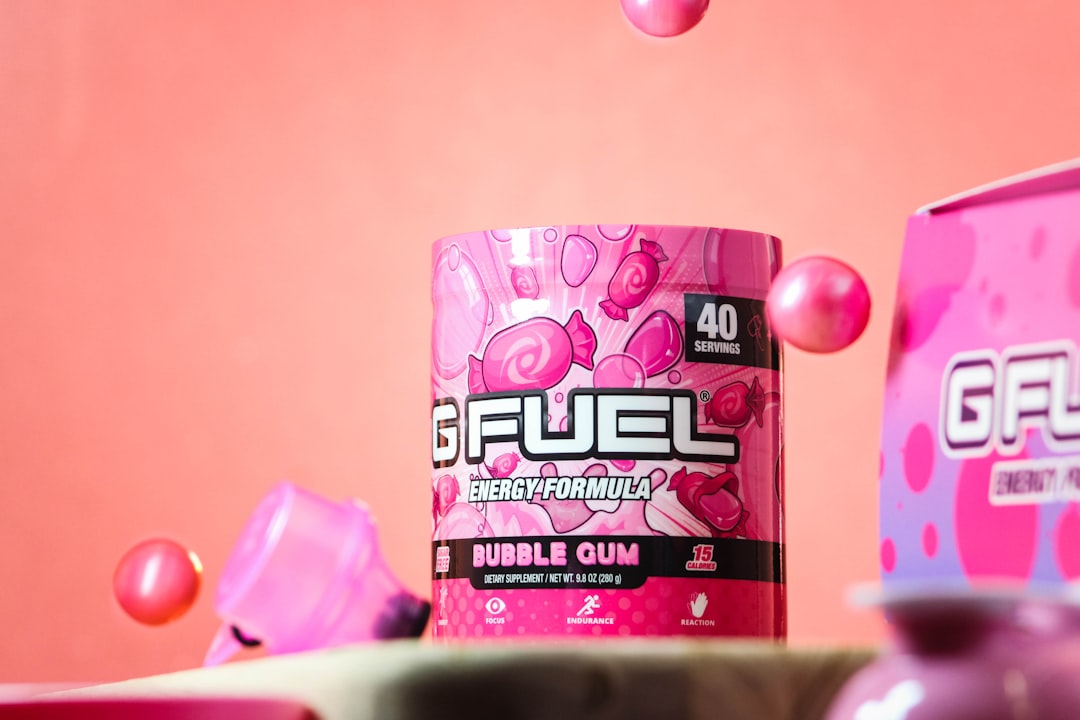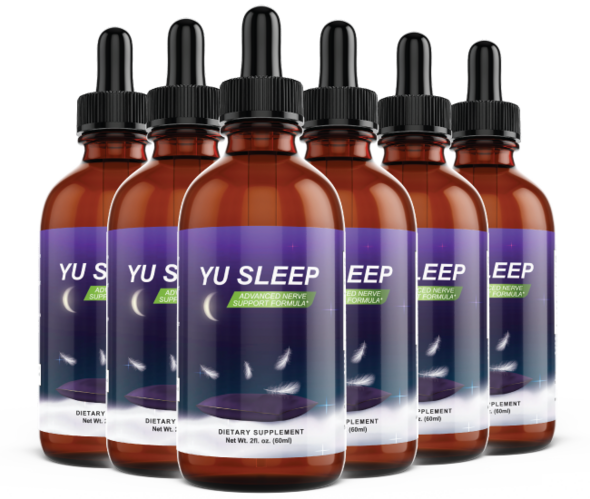Here’s a confession: the first time someone suggested my innocent green smoothie might be the villain in my weight loss saga, I laughed it off. 'It’s just spinach!' I protested. But that was before I dug deeper—way deeper. Turns out, even the healthiest-seeming drinks can pack a sugary punch, sabotaging your progress right under your nose. Sound familiar? Let’s unravel what’s REALLY lurking in your glass.

The Not-So-Sweet Side of Healthy Smoothies
Ever stood on the scale, puzzled by numbers that refuse to drop despite your best efforts? Your morning green smoothie might be the sneaky culprit behind your weight loss plateau.
The Green Deception
"Just because it's green doesn't mean it's lean."
This couldn't be more true when it comes to those vibrant, Instagram-worthy smoothies. Even the most vegetable-packed concoctions can secretly sabotage your progress. Why? Because that innocent-looking glass often harbors a surprising number of calories.
A typical "healthy" green smoothie can pack over 300 calories when loaded with multiple ingredients. That's equivalent to a small meal! Yet many people drink them as a beverage alongside their regular food intake.
Hidden Sugar Bombs
The smoothie industry has mastered the art of disguise. Consider these common additions:
- Banana (adds approximately 105 calories and 14g of sugar)
- Honey or agave (about 64 calories per tablespoon)
- Fruit juice base instead of water
- "Boosters" like dried fruits or sweetened protein powders
Even health-conscious individuals fall into this trap. The ingredients themselves aren't inherently "bad," but they create a caloric surplus that can stall weight loss efforts.
When Good Intentions Backfire
Take Sarah's experience. After adding a daily green smoothie to her routine, she gained three pounds in a month despite maintaining her exercise regimen.
"I thought I was doing everything right," she explained. "My smoothie had spinach, kale, and other vegetables. But I didn't realize the apple, banana, honey, and coconut water were adding so many calories."
Sarah's story isn't uncommon. Many people overlook liquid calories because:
- They don't trigger the same fullness signals as solid foods
- They're absorbed more rapidly by the body
- We tend to consume them quickly, giving our brain less time to register intake
Building Better Blends
This doesn't mean you should abandon smoothies altogether. Instead, consider these modifications:
- Use more leafy greens and fewer fruits
- Choose lower-sugar fruits like berries instead of tropical options
- Add protein (unsweetened powder, Greek yogurt) to increase satiety
- Skip liquid sweeteners entirely
- Use water or unsweetened almond milk as your base
Most importantly, account for your smoothie's calories within your daily intake. That refreshing green drink isn't a free addition to your diet—it's a caloric contribution that needs balancing.
Remember: what you drink counts just as much as what you eat when trying to lose weight. That innocent-looking smoothie might just be the reason your scale refuses to budge.

Quality Over Quantity: Why Calorie Source Matters
When it comes to weight loss, there's a common misconception that all calories are created equal. Count them, stay under your limit, and watch the pounds melt away... right? Not quite.
The truth is more nuanced. A calorie isn't just a calorie—where those calories come from matters tremendously.
The Nutrient Density Difference
Think of your body as a high-performance vehicle. Would you fill a Ferrari with low-grade fuel? Of course not. Similarly, your body deserves quality fuel to function optimally during weight loss.
Nutrient density—the amount of beneficial nutrients relative to calories—plays a crucial role in sustainable weight management. Two food items might contain identical calories, yet affect your hunger, energy levels, and metabolism completely differently.
Protein: Your Weight Loss Ally
Research consistently shows that protein-packed options offer significant advantages when trying to shed pounds. Why?
- Protein requires more energy to digest (higher thermic effect)
- It stabilizes blood sugar levels, preventing energy crashes
- Most importantly, it promotes satiety—that feeling of fullness
"Protein keeps you fuller longer, helping you stay on track with your calorie goals."
This isn't just theory—scientific data confirms that protein increases feelings of fullness more than carbohydrates or fats, making it easier to stick to your calorie targets without constant hunger pangs.
Liquid Calories: The Smoothie Makeover
Let's apply this knowledge to those morning smoothies. That green smoothie might seem healthy, but commercial versions often hide surprising amounts of sugar and calories with minimal protein.
The solution? Switch to protein smoothies with this winning combination:
- Spinach: Adds fiber, vitamins, and minerals with negligible calories
- Protein powder (whey or plant-based): Delivers satiety-promoting protein
- Almond milk: Provides creamy texture with fewer calories than regular dairy
This simple swap transforms an ordinary smoothie into a powerhouse that works with your body, not against it.
Quality Ingredients, Quality Results
When you focus on nutrient-dense foods, your calories actually work harder for you. High-quality smoothies featuring protein and fiber-rich ingredients help sustain satiety throughout the morning, preventing those desperate mid-morning snack raids.
Almond milk deserves special mention—it offers creaminess without the added calories of regular milk, making it perfect for weight-conscious smoothie enthusiasts.
Remember: your body doesn't just count calories—it responds to the quality of what you consume. Choose wisely, and your scale will finally start to show the results you've been working for.

Tiny Tweaks, Big Impact: Rethinking Liquid Calories
The weight scale can be a frustrating companion on your health journey. It tells no lies, but it certainly doesn't reveal the whole story either. Many individuals find themselves trapped in a puzzling scenario: following a strict diet, maintaining a calorie deficit, yet seeing no movement on the scale.
What could possibly be wrong?
The Silent Saboteurs in Your Glass
Small daily choices—like what's in your glass—quietly shape your results. Those liquid calories we consume often fly under our nutritional radar.
Ever grabbed that "healthy" green smoothie from the local juice bar? The one with kale, spinach, and all those superfoods?
Here's the unexpected truth: just because it's green doesn't mean it's lean. Many commercial smoothies pack surprising amounts of added sugars and high-calorie ingredients that can derail your progress without you even realizing it.
Beyond Counting Calories
It's not only about how much you eat, but what you drink too. Liquid calories are an often-overlooked roadblock on a weight loss journey. They enter our system quickly, don't provide the same satiety as solid foods, yet count fully against our daily caloric budget.
As nutrition experts often remind us, "It's not just about the calories, it's about the quality of those calories."
A 300-calorie soda and a 300-calorie protein smoothie affect your body in dramatically different ways. The latter helps build muscle, keeps you satisfied longer, and supports your metabolism.
Smart Swaps, Significant Results
Awareness is the first step to making smarter swaps and sticking with your goals. Consider these alternatives:
- Replace juice-shop smoothies with homemade versions using protein powder, spinach, and unsweetened almond milk
- Swap calorie-laden coffee drinks for simple brews with a splash of milk
- Choose sparkling water with lemon instead of soda or sweetened beverages
Sometimes, less obvious changes make the biggest difference. These minor adjustments rarely feel like sacrifices yet can create the caloric deficit needed for progress.
The Scale: A Partial Narrator
Unexpected lesson: The weight scale tells the truth, but it doesn't reveal the whole story. Your body composition, energy levels, and overall health matter more than a single number.
Being mindful about what's actually in that "healthy" drink can transform your journey. Those liquid calories, once brought into the light, become opportunities rather than obstacles.
By making thoughtful choices about what fills your glass, you're not just changing calories—you're changing your relationship with nutrition itself.
TL;DR: Weight loss isn’t just about eating less—it’s about eating smarter. Watch out for hidden sugars in your drinks and aim for protein-rich swaps to keep your hunger in check and your progress steady.




